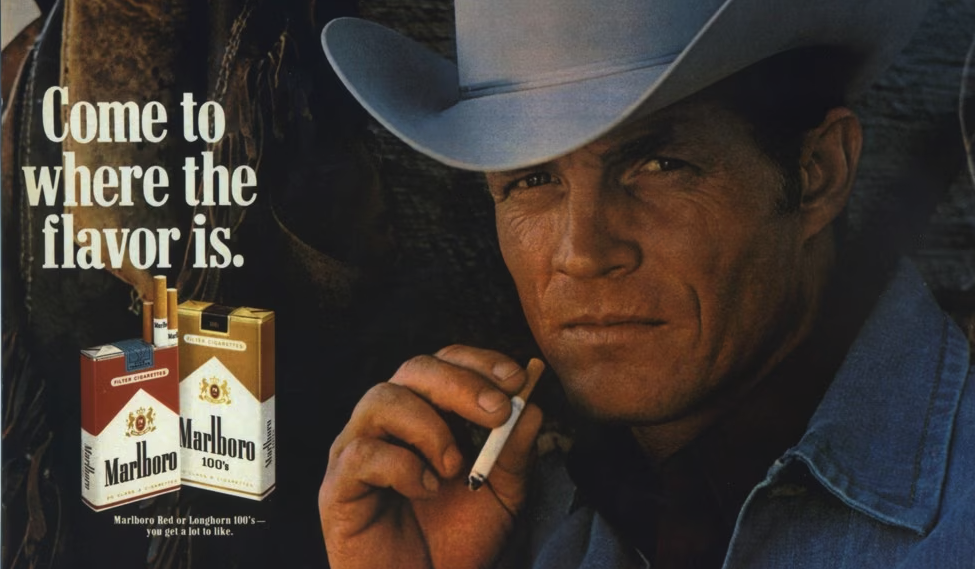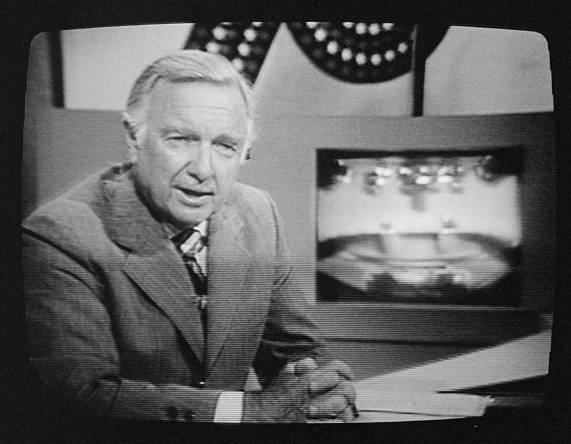Share this article with your network of friends!
For seniors who came of age during the 1960s and 70s, hitchhiking was more than just a mode of transportation; it represented a sense of freedom, adventure, and community. In this article, we journey back to a time when hitchhiking was a common sight on American roads, exploring the reasons behind its popularity, the experiences of those who participated, and the changes that led to its decline.
A Sense of Freedom and Adventure
During the 1960s and 70s, hitchhiking became a symbol of the counterculture movement and the desire to break away from conventional norms. Young adults, seeking a sense of freedom and adventure, embraced the practice as a way to explore the country, meet new people, and experience life on the open road.
For many, hitchhiking was more than just a means of getting from one place to another; it was an opportunity to connect with strangers from different walks of life. It fostered a spirit of camaraderie and shared experiences, leading to unexpected friendships and moments of serendipity.
A Community of Trust and Sharing
Hitchhiking relied on a unique form of trust between drivers and hitchhikers. Both parties had to take a leap of faith, with drivers offering rides to strangers and hitchhikers accepting rides from those they did not know. Despite the inherent risks, hitchhikers often felt a sense of safety and trust in the community that had formed around this unconventional mode of travel.
Drivers, too, found joy in offering a helping hand to fellow travelers. Hitchhikers often carried small gifts or tokens of appreciation, such as snacks or handcrafted items, as a way to express gratitude for the ride. This exchange of generosity further strengthened the sense of community and goodwill between hitchhikers and drivers.
The Changing Landscape
As the 1970s progressed, several factors contributed to the decline of hitchhiking. Concerns about personal safety and a rise in crime rates led to heightened caution among potential hitchhikers and drivers. Media reports of incidents involving hitchhikers contributed to negative perceptions of the practice.
Moreover, advancements in transportation options, such as the expansion of highways and the popularity of car ownership, made hitchhiking less necessary as a means of travel. The rise of commercial bus services, ride-sharing, and increased air travel offered more predictable and structured alternatives.
A Shift in Perception
The decline of hitchhiking brought a shift in public perception, with hitchhiking becoming associated with risk and uncertainty. While some continued to hitchhike for personal reasons, the practice became less prevalent and less accepted by mainstream society.
Today, hitchhiking is a rarity on American roads, replaced by more regulated and organized forms of travel. The sense of community and adventure that once defined hitchhiking during the 1960s and 70s remains a cherished memory for those who participated.
Hitchhiking during the 1960s and 70s represented a unique blend of freedom, adventure, and community. For seniors who experienced the open road and the shared connections of hitchhiking, it was a transformative and unforgettable part of their youth.
As we look back on this bygone era of travel, let us remember the spirit of trust and camaraderie that hitchhiking fostered. The journeys, encounters, and shared experiences created lasting memories and contributed to a sense of togetherness among hitchhikers and drivers alike. Though hitchhiking has faded from the American landscape, its legacy lives on in the hearts of those who once embraced the adventure of the open road and the thrill of the unknown.
DISCLAIMER: This website contains articles for informational and entertainment purposes only. No articles on this website should be considered as professional advice for any medical, legal, or financial matter. Advertisements and content may contain affiliate links, where the website earns a commission for sales derived from our users.





